DHAKA, June 24 (V7N)– Education Adviser Professor Dr. Chowdhury Rafiqul Abrar today emphasized the critical need for not just discussions, but also "effective steps with a specific timeframe" to genuinely reform Bangladesh's education sector. Speaking at a discussion on the 'Budget 2025-26: Education and Employment' at Dhaka University (DU), Dr. Abrar cautioned against over-reliance on a single commission to solve systemic issues.
"There is no reason to think that the Education Commission will solve all the problems in the education sector," Dr. Abrar stated, acknowledging the inherent limitations in both time and resources. He urged all stakeholders to cooperate from their respective positions to facilitate meaningful change.
The discussion, inaugurated by DU Vice-Chancellor Professor Dr. Niaz Ahmed Khan, centered on the recently unveiled national budget's implications for education and employment. Dr. Khan highlighted several "good initiatives" in the education sector within this year's budget, noting "some changes have also been made in the science and technical education and employment sectors." He expressed optimism that such dialogues would contribute effectively to national policy formulation.
Bangladesh's education system faces multifaceted challenges, including significant literacy and numeracy gaps, issues of quality and relevance, and a disconnect between academic output and market demands. The national budget for fiscal year 2025-26 has allocated Tk 95,644 crore (approximately $8.1 billion USD) to the education sector, marking a slight increase but still falling short of UNESCO's recommended allocation of 4-6% of GDP. The budget, however, has prioritized employment-oriented education, with particular emphasis on science, technology, and technical education. Initiatives include updating university curricula to the Outcome-Based Education (OBE) model and establishing more polytechnic and technical schools.
Other distinguished speakers at the event included Pro-Vice Chancellor (Administration) Professor Dr. Saima Haque Bidisha, Dean of the Faculty of Social Sciences Professor Dr. Taiyebur Rahman, and Director General of the Bangladesh Institute of Development Studies (BIDS) Dr. AK Enamul Haque. The discussion was chaired by DU Treasurer and Chairman of the Centre on Budget and Policy, Professor Dr. M Jahangir Alam Chowdhury, with Professor Dr. M Abu Yusuf, Director of the Centre on Budget and Policy, presenting the keynote paper.
The Bangladesh Institute of Development Studies (BIDS), as an autonomous public research organization, plays a significant role as a think tank for the government, conducting policy research on development issues, including education. The call for concrete action and clear timelines by Education Adviser Abrar underscores the urgency perceived by policymakers and academics alike in addressing the deep-seated issues within the nation's education landscape.
END/MSS/RH



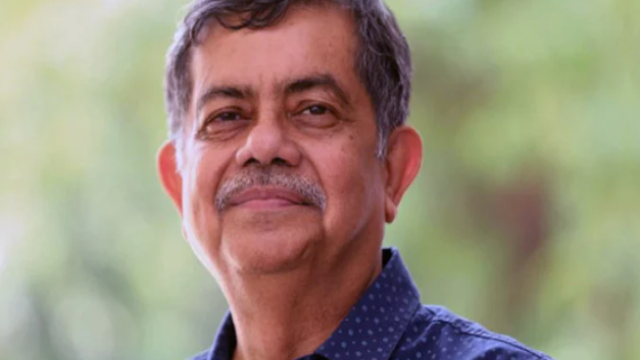
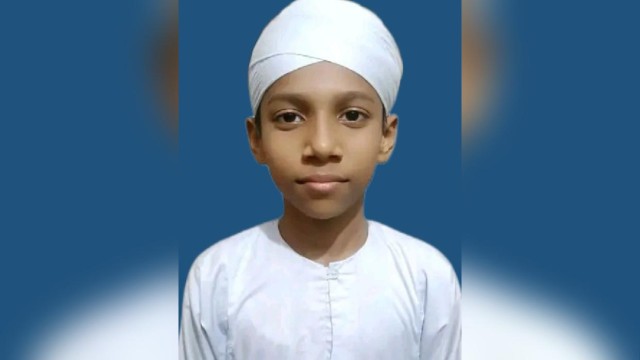
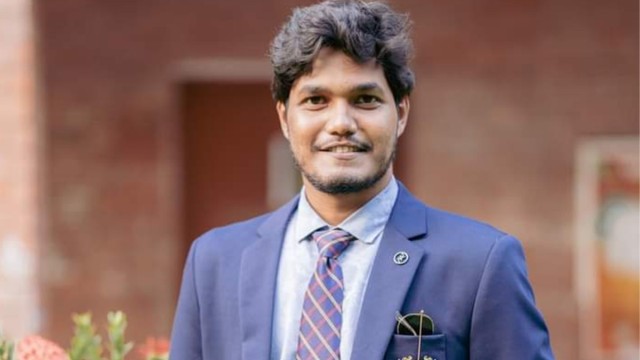
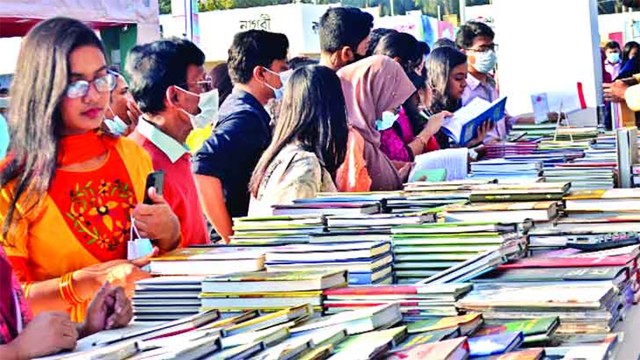
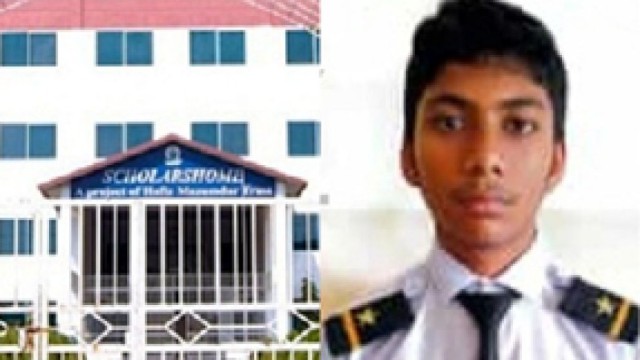
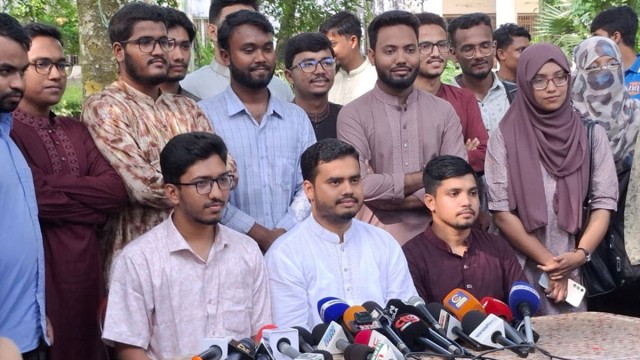
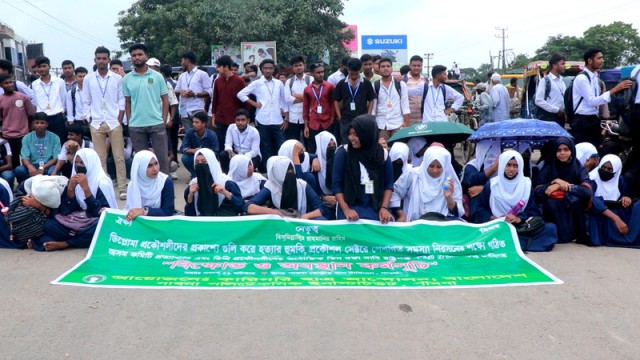

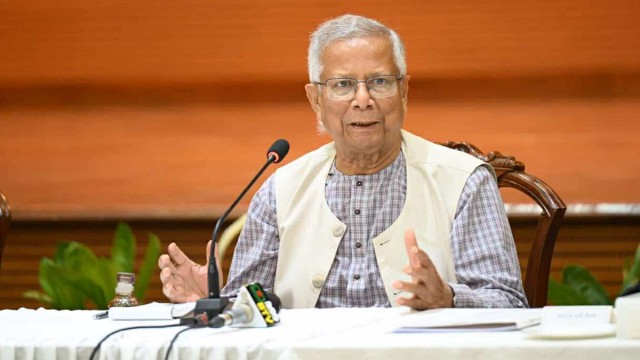
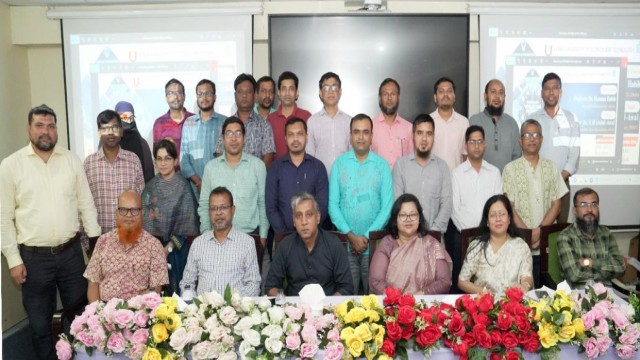
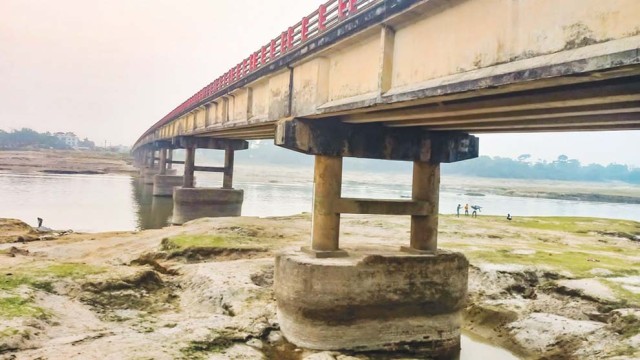
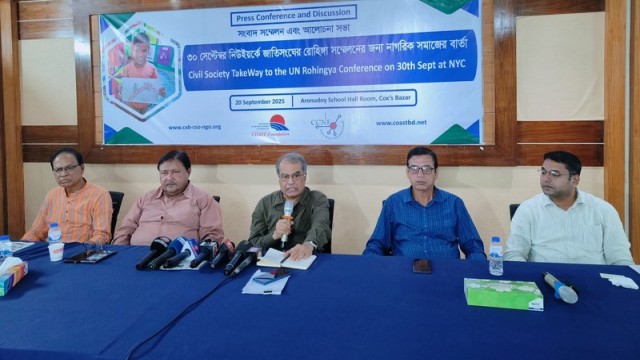
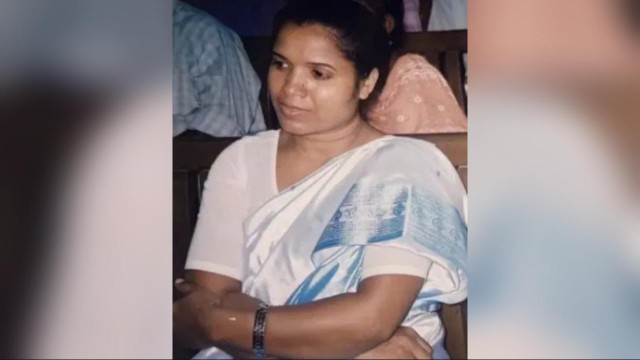
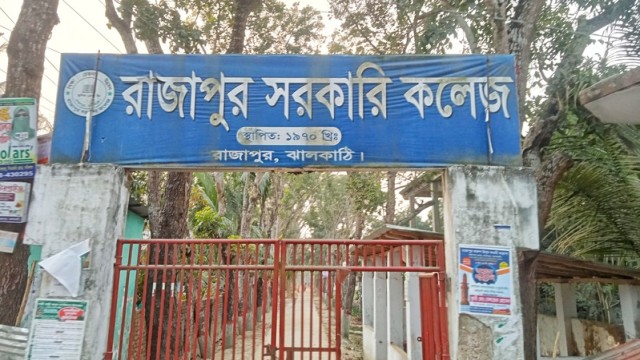



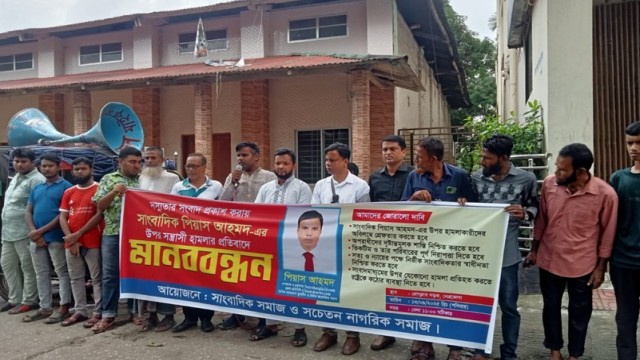
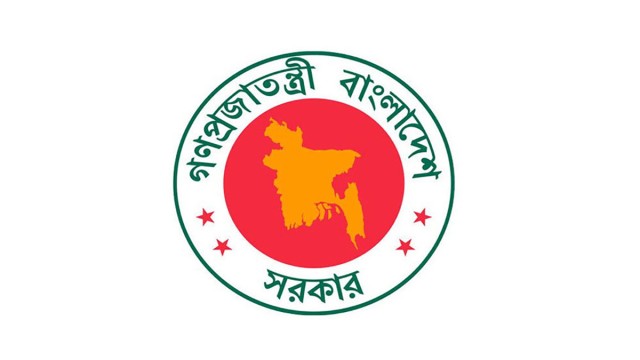

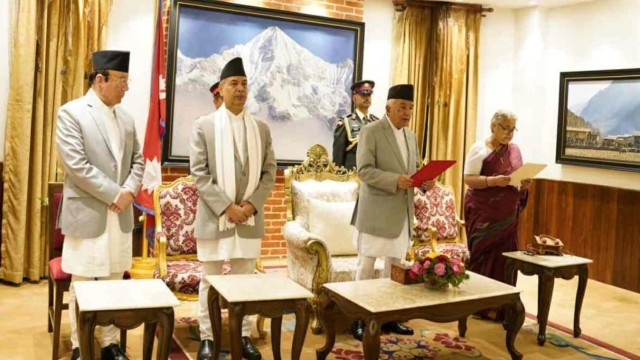

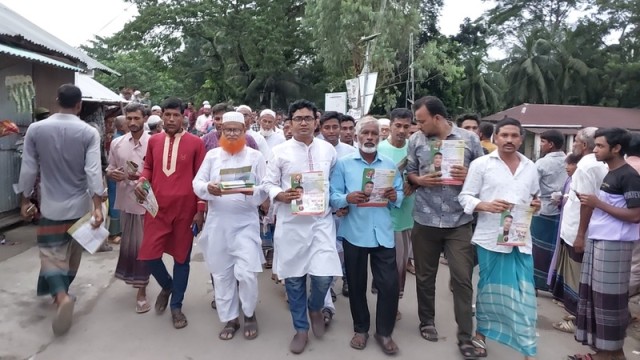
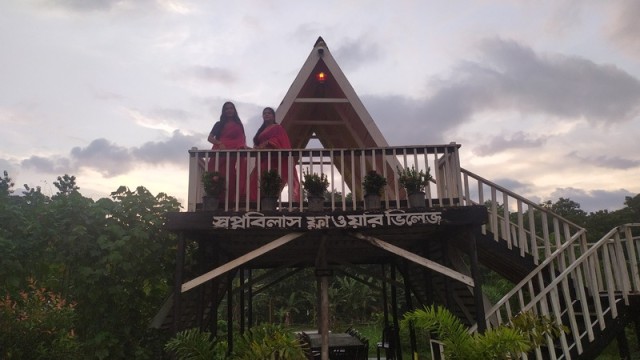
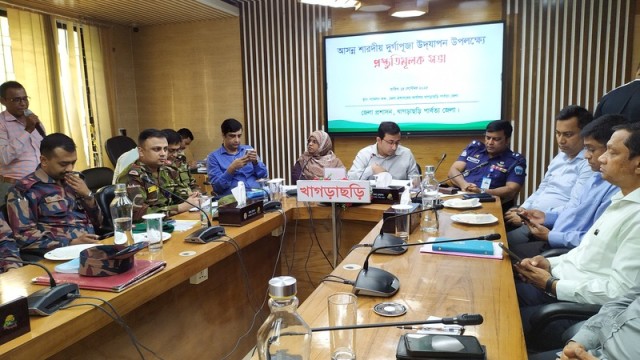
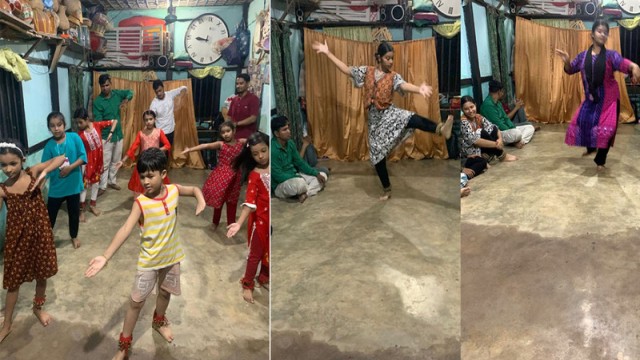
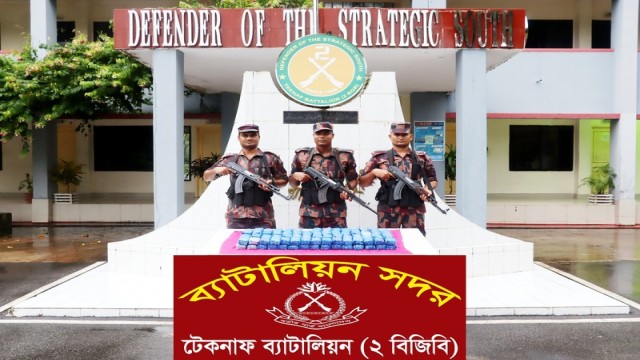
Comment: